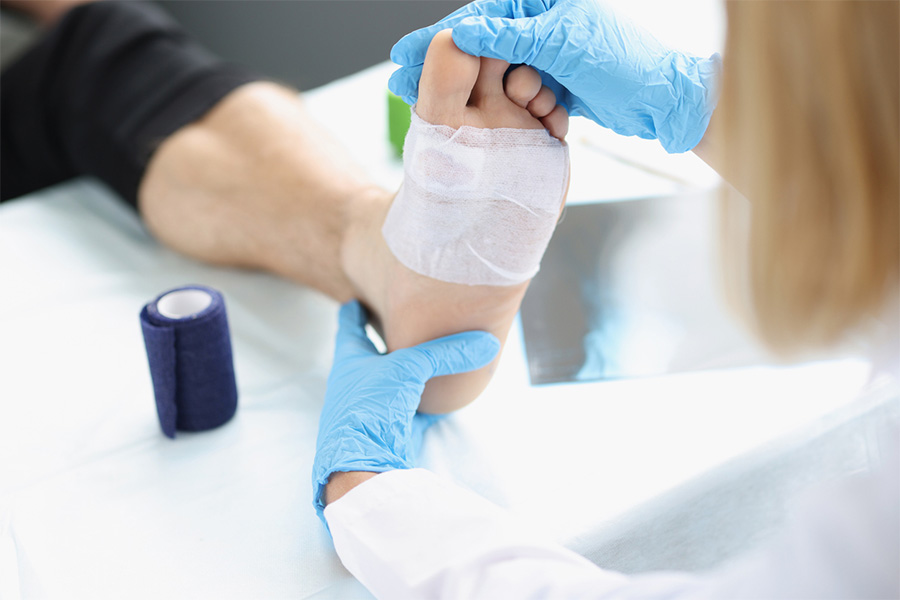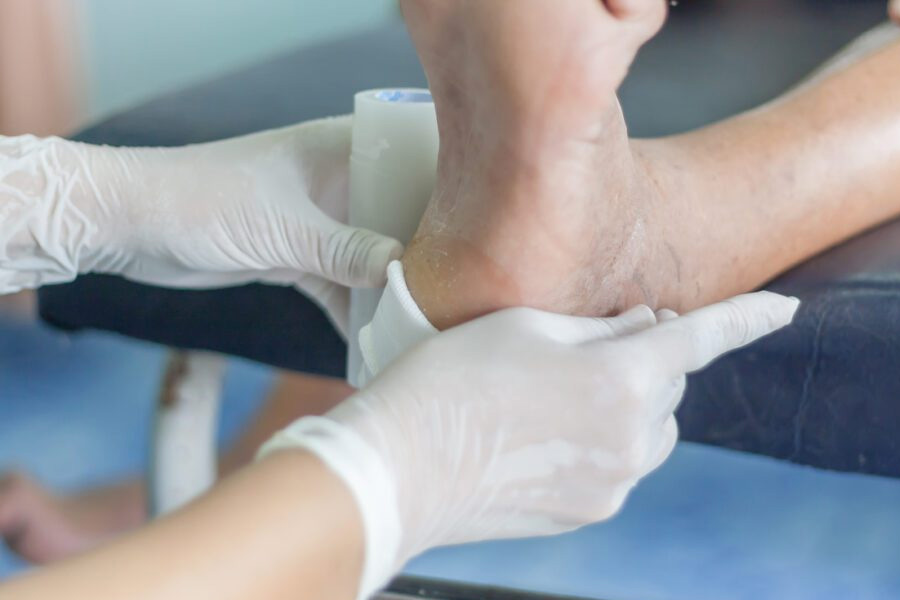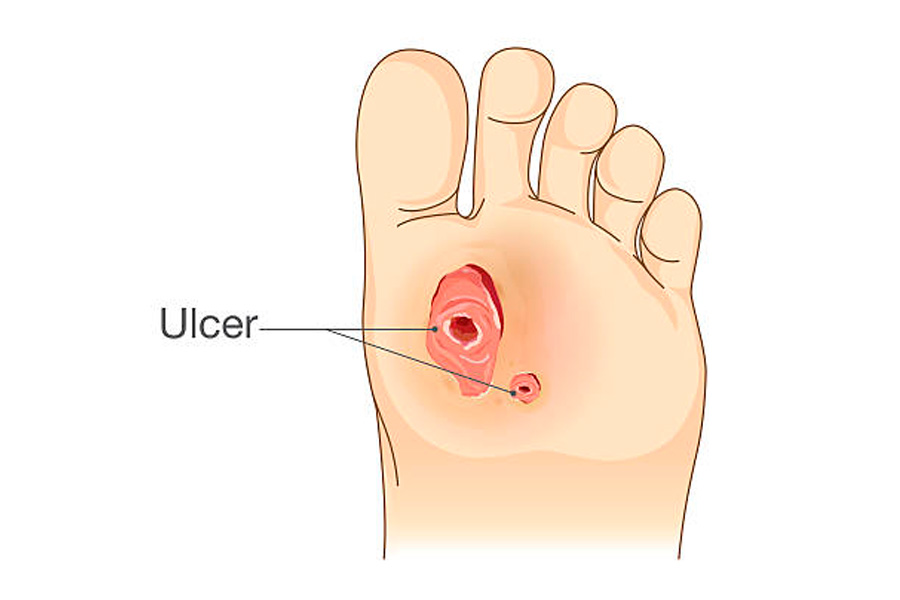When it comes to wound care, knowing which mistakes to avoid is crucial for preventing further injury. The same thing holds true for people nursing diabetic wounds: being aware of what not to do when you have a diabetic wound is central to preventing further injury as well as complications that can pose a threat to your mobility and your life.
In this blog post, we’ll outline the top don’ts of diabetic wound care, so you can ensure the successful healing of your wound and protect your overall health.
What to Avoid When You Have a Diabetic Wound
When you have a diabetic wound, make sure to:
- Avoid picking at or scratching your wound. When a wound starts to heal, scab forms. This can itch and tempt you to pick at it for relief. However, scratching or picking at the scab can further irritate and damage the skin, making it more difficult for the wound to heal properly. The longer it takes for a wound to completely heal, the higher your risk for infection and other complications.
Diabetic foot infections, when not treated properly, can eventually progress into gangrene (tissue death caused by lack of blood supply).
- Avoid using chemical-laden soaps or cleansers on your wound. These can dry out and irritate your skin, making it difficult for the wound to heal properly. When cleaning your wound, do it with gentle, unscented soap instead.
- Avoid smoking. Smoking decreases blood flow to your feet and slows wound healing.
- Avoid rubbing the wound while it is healing. In addition, avoid using scrubs, shower gels, and body lotions directly over the wound, as such can also cause irritation.
- Avoid excessive sun exposure. This can damage new cells and consequently interfere with wound healing. Moreover, sun exposure can result in the permanent darkening of the wound site.
Diabetic Wound Care in Cincinnati, OH
At Cincinnati Foot & Ankle Care, our board-certified podiatrists provide top-notch diabetic foot care. Beyond that, our foot and ankle experts gladly walk patients through the important steps of diabetic wound care and provide useful information to help them make the wisest decisions about their foot and ankle health and care.
To schedule a consultation with one of our podiatrists, call our office nearest you or use our convenient online appointment request form.
Share

People with diabetes often experience difficulty healing wounds.




